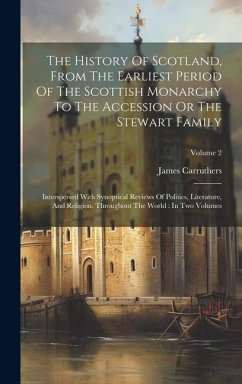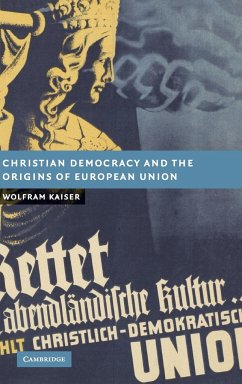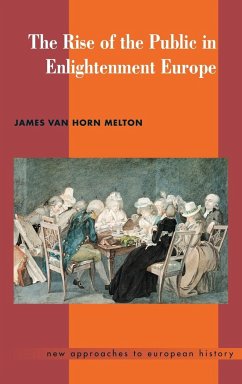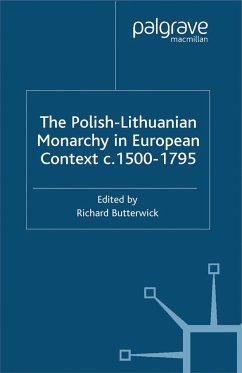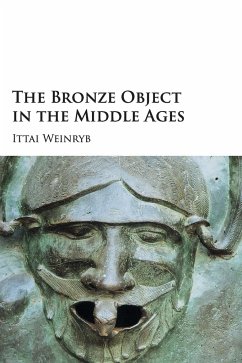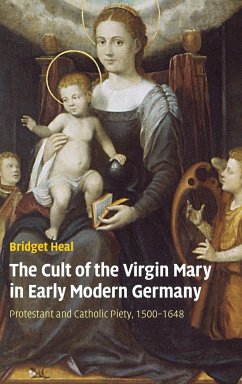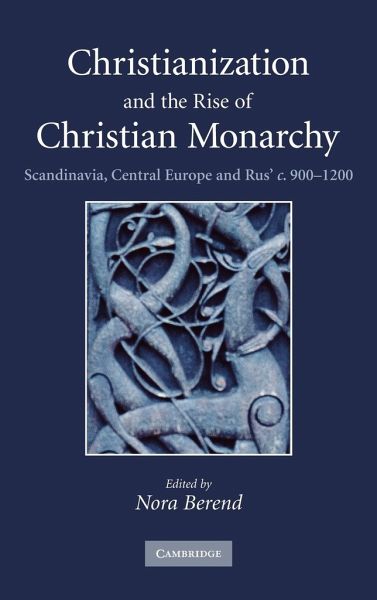
Christianization and the Rise of Christian Monarchy
Scandinavia, Central Europe and Rus' C. 900-1200
Herausgeber: Berend, Nora

PAYBACK Punkte
71 °P sammeln!
This is the first comparative, interdisciplinary analysis of one of the most fundamental stages in the formation of Europe. Leading scholars explore the role of the spread of Christianity and the formation of new principalities in the birth of Denmark, Norway, Sweden, Bohemia, Hungary, Poland and Rus' around the year 1000. Drawing on history, archaeology and art history, and emphasizing problems related to the sources and historiographical debates, they demonstrate the complex interdependence between the processes of religious and political change, covering conditions prior to the introduction...
This is the first comparative, interdisciplinary analysis of one of the most fundamental stages in the formation of Europe. Leading scholars explore the role of the spread of Christianity and the formation of new principalities in the birth of Denmark, Norway, Sweden, Bohemia, Hungary, Poland and Rus' around the year 1000. Drawing on history, archaeology and art history, and emphasizing problems related to the sources and historiographical debates, they demonstrate the complex interdependence between the processes of religious and political change, covering conditions prior to the introduction of Christianity, the adoption of Christianity, and the development of the rulers' power. Regional patterns emerge, highlighting both the similarities in ruler-sponsored cases of Christianization, and differences in the consolidation of power and in the use made of institutions introduced by Christianity. The essays reveal how local societies adopted Christianity and medieval ideas of what constituted the dividing line between Christians and non-Christians.






